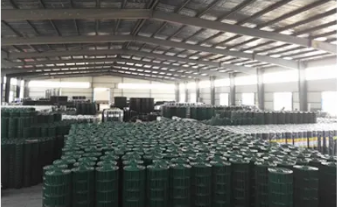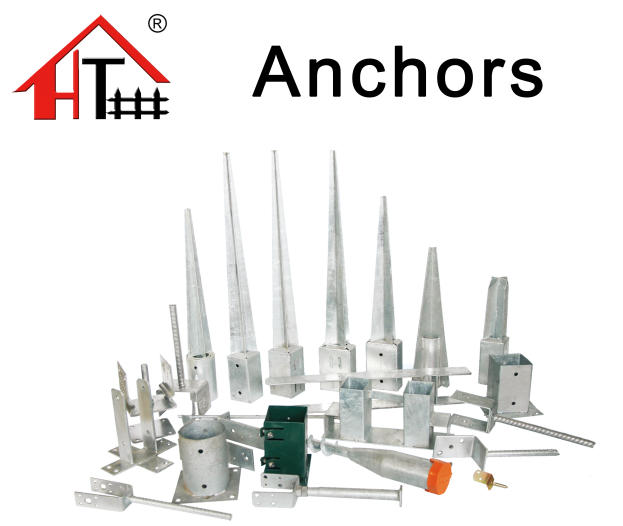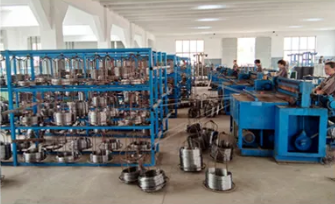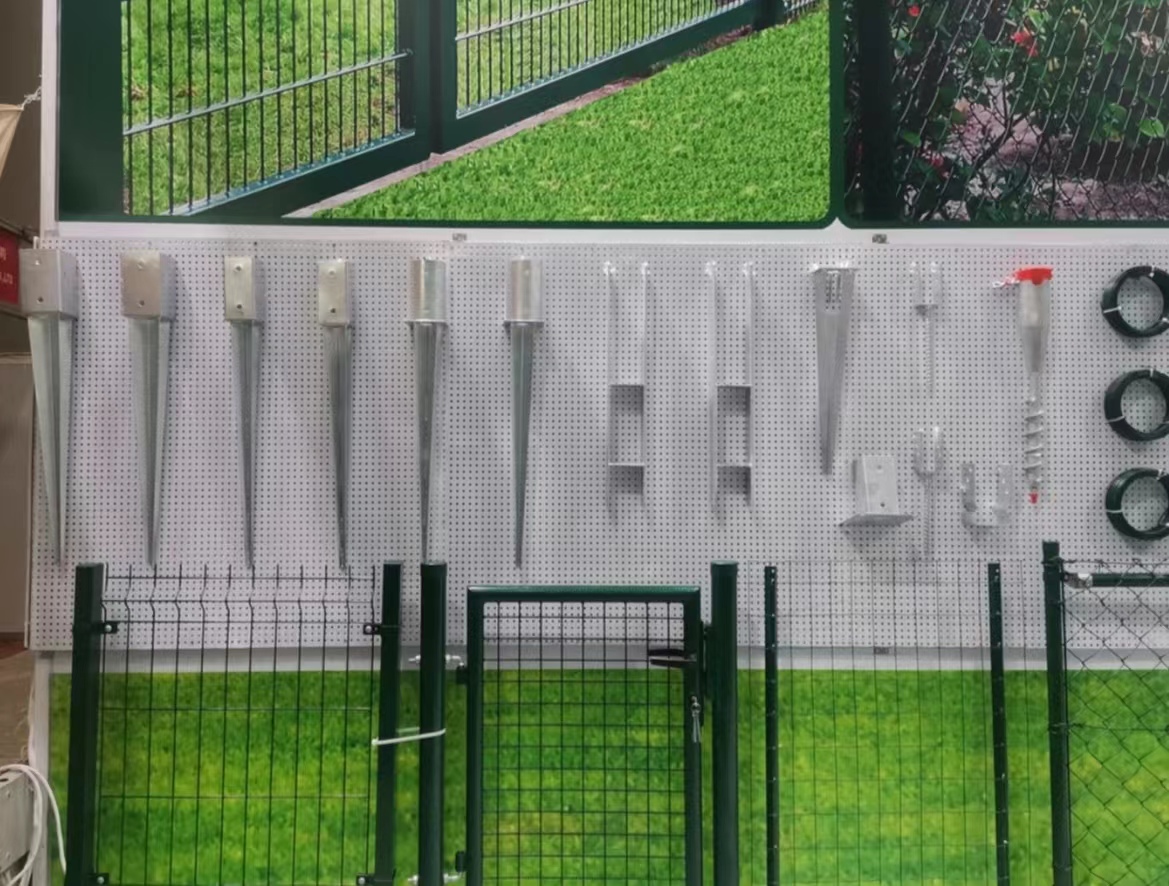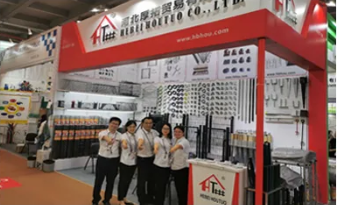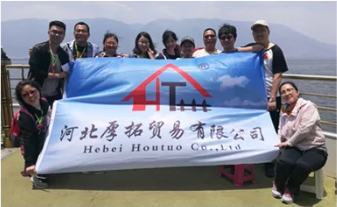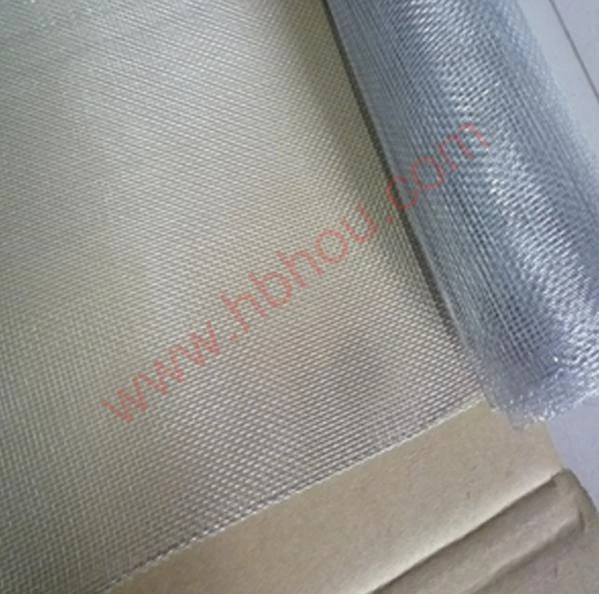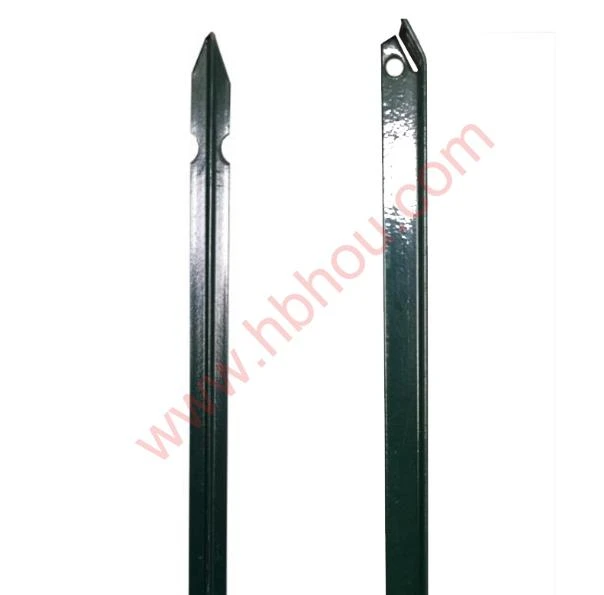The Indispensable Role of Construction Wire in Modern Infrastructure Development
In the dynamic realm of global infrastructure development, the importance of foundational materials cannot be overstated. Among these, construction wire stands as a critical component, underpinning the strength, durability, and safety of countless projects worldwide. From monumental bridges and towering skyscrapers to essential residential complexes and robust fencing systems, the quality of wire directly impacts structural integrity and longevity. Current industry trends reveal a significant shift towards materials offering superior corrosion resistance, enhanced tensile strength, and greater sustainability. Driven by a global imperative for resilient infrastructure and smart city initiatives, demand for high-performance wire materials is surging. Innovations in metallurgy and manufacturing processes are yielding products with extended service life and reduced environmental footprints, aligning with international standards for green building. Furthermore, the burgeoning requirement for prefabricated construction modules and rapid deployment solutions necessitates wires that are not only strong but also easily manageable and adaptable, highlighting the evolving needs of modern contractors and engineers. The adoption of advanced galvanization techniques and specialized alloy compositions ensures that these wires can withstand extreme environmental conditions, from saline coastal air to varying temperature fluctuations in arid regions, making them indispensable across diverse geographical landscapes. This persistent evolution in material science and application techniques reinforces construction wire's role as a cornerstone of contemporary building practices, guaranteeing the structural integrity and long-term viability of critical infrastructure investments. The precision required in manufacturing processes, coupled with stringent quality control, underscores why selecting a reputable supplier is paramount for achieving project success and adherence to the highest safety standards.
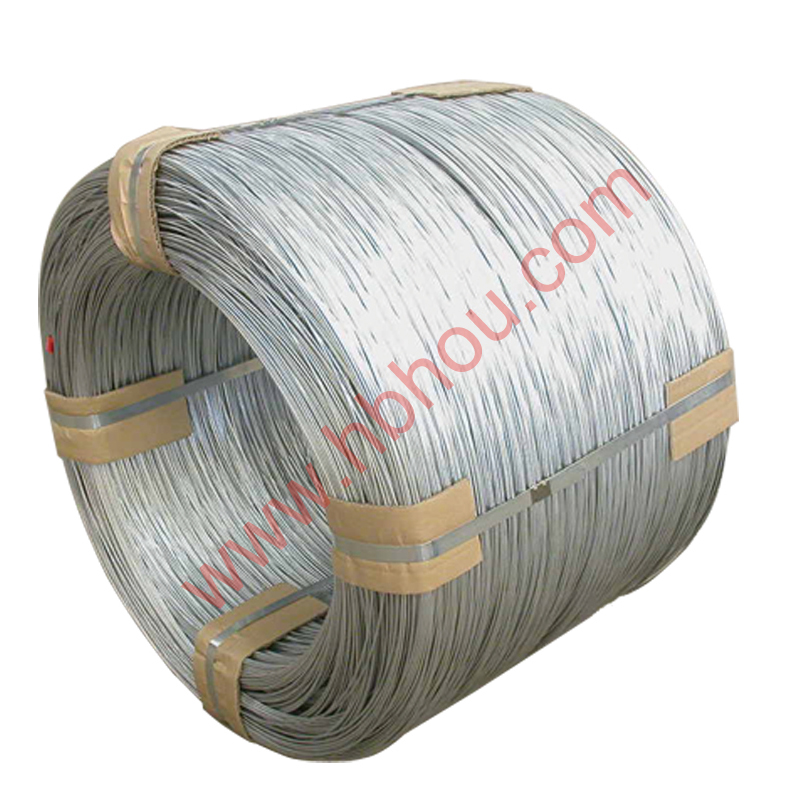
The Meticulous Manufacturing Process: Ensuring Superior Performance
The production of high-quality construction wire involves a sophisticated multi-stage manufacturing process, meticulously designed to imbue the wire with specific mechanical properties essential for diverse applications. The journey begins with the selection of premium raw materials, typically high-carbon or low-carbon steel wire rods, which dictate the fundamental strength and ductility of the final product. These rods undergo a rigorous cleaning and descaling process, often involving acid pickling and rinsing, to remove impurities that could compromise the wire's integrity. Following this, the material enters the wire drawing stage, where it is pulled through a series of progressively smaller dies. This cold working process reduces the wire's diameter, increases its tensile strength, and enhances its surface finish. Crucially, intermediate annealing processes may be employed to relieve internal stresses and restore ductility, making the wire more pliable for subsequent drawing or for specific end-use applications like binding wire in construction. For enhanced corrosion resistance, the wire then undergoes galvanization, where it is immersed in a bath of molten zinc. This creates a durable, sacrificial coating that protects the steel from rust and extends its service life significantly, especially in harsh environments often encountered in petrochemical or marine construction. Each stage is subject to stringent quality control measures, including continuous tension monitoring, diameter verification, and surface defect inspection, adhering to international standards such as ASTM A641 for galvanized steel wire or BS 1052 for steel fabric for the reinforcement of concrete. The entire process ensures that the finished construction wire meets precise specifications for tensile strength, elongation, uniformity, and coating thickness, guaranteeing optimal performance and safety in critical structural applications and an extended lifespan compared to untreated alternatives.
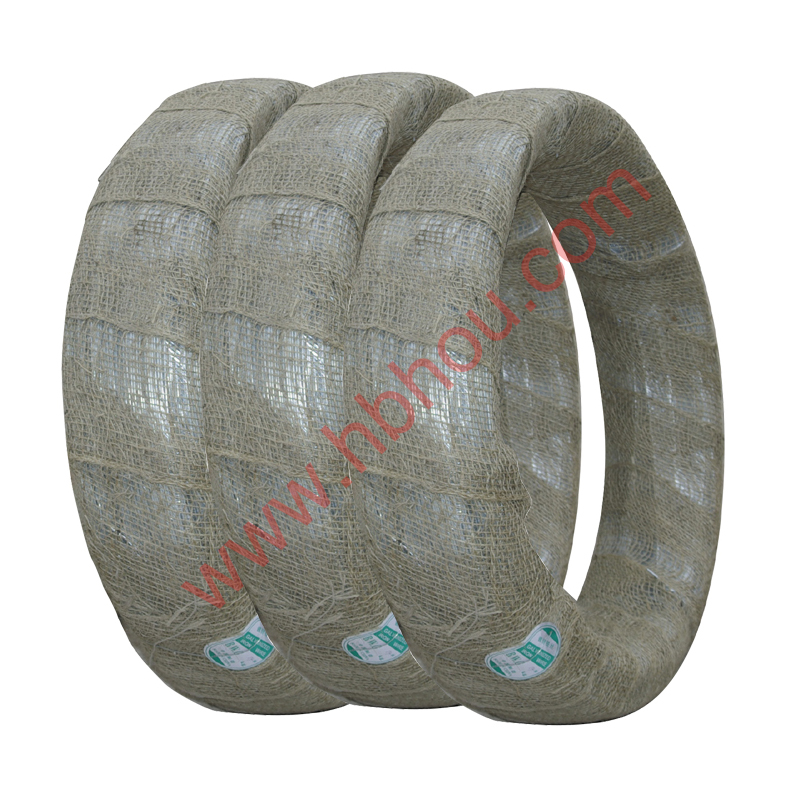
Key Technical Parameters and Performance Metrics for Construction Wire
Understanding the technical parameters of construction wire is paramount for engineers and project managers to select the most appropriate material for specific applications, ensuring both structural integrity and cost-efficiency. Key metrics include tensile strength, which measures the maximum stress the wire can withstand before breaking, typically expressed in megapascals (MPa) or pounds per square inch (psi). Yield strength, another critical parameter, indicates the point at which the wire begins to deform permanently, providing insight into its load-bearing capacity without plastic deformation. Elongation, expressed as a percentage, quantifies the wire's ductility—its ability to stretch before fracturing, which is vital for applications requiring flexibility or resistance to sudden impacts. For galvanized wires, the zinc coating weight, measured in grams per square meter (g/m²) or ounces per square foot (oz/ft²), directly correlates with the wire's corrosion resistance and expected service life in various environmental exposures. Wire diameter, precisely controlled and measured in millimeters (mm) or gauges, determines the cross-sectional area and, consequently, the wire's overall strength and stiffness. Adherence to standards such as ISO 16120 for steel wire rods or ASTM A82 for plain steel wire for concrete reinforcement ensures consistent quality and performance across batches. Below, a comparative table illustrates typical specifications for different types of wire commonly used in construction, highlighting their unique properties and best-fit applications, enabling a precise selection process that optimizes project outcomes and enhances long-term structural resilience. This detailed understanding of specifications allows for informed decision-making, ensuring that the selected wire performs optimally under anticipated loads and environmental conditions, thereby minimizing risks and maximizing return on investment.
| Parameter | Black Annealed Wire (for binding) | Galvanized Wire (General Purpose) | High-Tensile Wire (for fencing/mesh) |
|---|---|---|---|
| Material | Low Carbon Steel (SAE 1006/1008) | Low Carbon Steel (SAE 1006/1008) | High Carbon Steel (SAE 1045/1060) |
| Diameter Range | 0.5 mm - 4.0 mm | 0.5 mm - 5.0 mm | 1.5 mm - 6.0 mm |
| Tensile Strength | 300-450 MPa (43-65 ksi) | 350-550 MPa (50-80 ksi) | 600-900 MPa (87-130 ksi) |
| Elongation | ≥ 20% | ≥ 15% | 5-10% |
| Zinc Coating (for Galvanized) | N/A | 30-200 g/m² (0.1-0.65 oz/ft²) | 50-250 g/m² (0.16-0.82 oz/ft²) |
| Key Standard | ASTM A641, GB/T 343 | ASTM A641, BS EN 10244-2 | ASTM A856, BS EN 10244-2 |
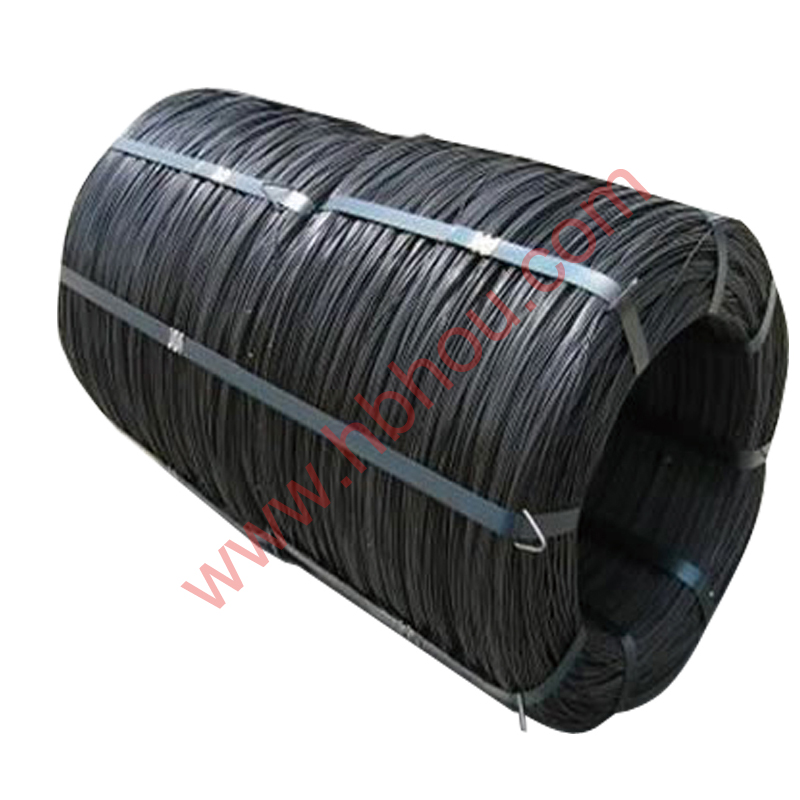
Diverse Applications in Modern Construction and Infrastructure
The versatility of construction wire makes it an indispensable material across a broad spectrum of modern construction and infrastructure projects, each demanding specific properties to ensure optimal performance and longevity. One of its primary uses is in concrete reinforcement, where high-tensile wire, often in the form of welded wire mesh or individual rebar ties, significantly enhances the structural integrity of concrete elements, mitigating cracking and improving load-bearing capacity. This is critical in foundations, slabs, and precast concrete components. Furthermore, the role of binding wire in construction is crucial for securely fastening rebar and other structural elements, ensuring they maintain their position during concrete pouring, which directly impacts the strength and stability of the reinforced structure. This application requires wire with adequate ductility and consistent breaking strength to facilitate efficient and reliable tying. In the realm of perimeter security and land demarcation, wire is central to post and wire fence construction, offering durable and cost-effective solutions for residential, commercial, and industrial properties. For these applications, galvanized wire is preferred due to its superior corrosion resistance against environmental elements, ensuring long-term aesthetic appeal and structural integrity. The manufacturing of construction wire mesh for various uses, from security barriers and animal enclosures to gabion baskets for erosion control, represents another significant application. The specific advantages offered by different types of wire in these scenarios are clear: galvanized wire provides unparalleled anti-corrosion properties, making it ideal for outdoor and moisture-prone environments, thereby reducing maintenance costs and extending the project’s lifespan. Meanwhile, the superior strength-to-weight ratio of high-tensile wire offers considerable advantages in large-scale structural reinforcement and heavy-duty fencing, ensuring robust and reliable constructions that meet the stringent demands of contemporary engineering projects.
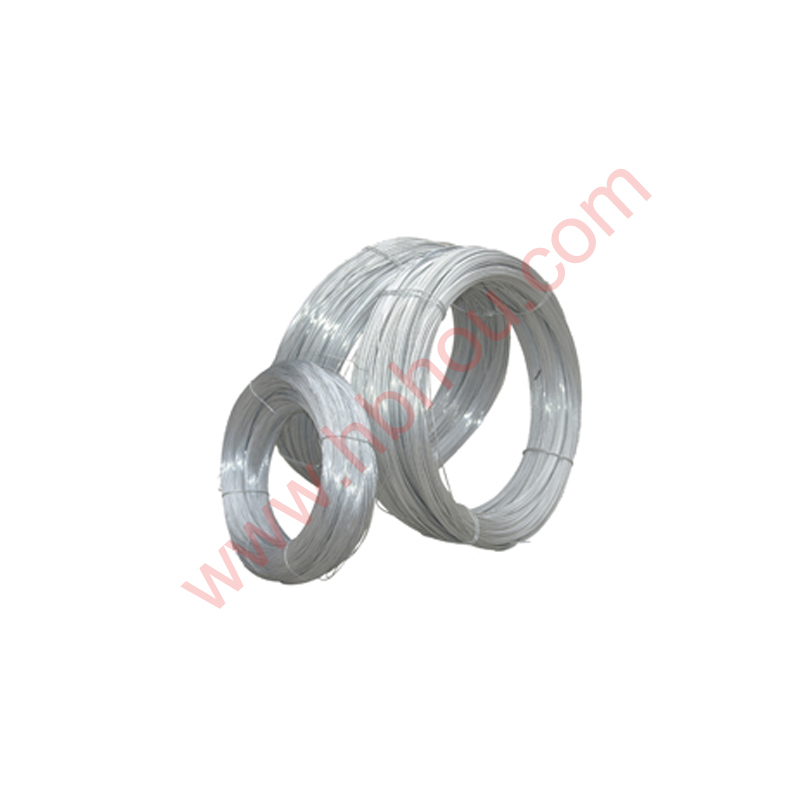
Strategic Advantages and Tailored Solutions for Project Success
Opting for high-quality construction wire brings a multitude of strategic advantages to any building or infrastructure project, extending beyond mere structural support to encompass long-term operational efficiency and cost-effectiveness. The inherent durability of properly manufactured wire ensures a significantly extended service life, minimizing the need for costly repairs or replacements, thereby contributing to lower lifecycle costs for critical assets. Its robust nature makes it resilient against various stressors, including seismic activity, extreme weather conditions, and corrosive environments, particularly when specialized coatings like heavy galvanization are applied. Furthermore, the cost-effectiveness of wire, when procured from reputable manufacturers, makes it an economically viable option for large-scale projects, offering superior performance without prohibitive expenditures. This balance of quality and affordability is crucial for budget-conscious initiatives. Beyond standard offerings, the true value for B2B decision-makers lies in the availability of highly customized solutions. Recognizing that every construction project has unique requirements, leading manufacturers offer bespoke options for construction wire. This includes tailoring specific diameters to precise engineering specifications, adjusting tensile strengths to match anticipated load requirements, and applying specialized coating types—such as PVC coating for additional protection and aesthetic appeal, or specific alloy compositions for enhanced chemical resistance—to meet unique environmental or application demands. These tailored solutions ensure that the wire integrates seamlessly into complex designs, optimizing overall project outcomes. For instance, in a large-scale industrial facility requiring extensive pipe support, custom-fabricated wire loops with specific anti-corrosion treatments ensure longevity in a chemically aggressive environment, preventing premature failure and reducing maintenance overhead. By working closely with clients to understand their precise needs, manufacturers can deliver wire solutions that not only meet but exceed performance expectations, leading to enhanced project safety, reduced operational risks, and ultimately, greater return on investment.
Ensuring Quality and Trust: Standards, Support, and FAQ
The foundation of trust in the procurement of construction wire is built upon unwavering adherence to rigorous quality assurance protocols and recognized industry certifications. Reputable manufacturers uphold stringent quality management systems, often certified to ISO 9001, which signifies a commitment to consistent product quality and continuous improvement across all operational facets, from raw material sourcing to final product delivery. Beyond general quality certifications, product-specific standards like ASTM (American Society for Testing and Materials), BS EN (British Standards European Norm), and JIS (Japanese Industrial Standards) provide precise specifications for mechanical properties, dimensions, and coatings, ensuring global compatibility and reliability. Comprehensive testing regimes, including tensile strength tests, bend tests, zinc coating adherence tests, and salt spray corrosion tests, are routinely performed to validate product performance against these benchmarks. Partnering with companies that demonstrate a proven track record, often evidenced by years of service in the industry and testimonials from satisfied clients, provides an additional layer of assurance regarding product reliability and service excellence. Our commitment extends beyond mere product delivery; we offer comprehensive customer support, including technical assistance for product selection, detailed installation guidelines, and responsive post-sales service to address any inquiries or concerns. A robust warranty policy further underscores our confidence in the durability and performance of our construction wire products, providing peace of mind for our clients. Delivery cycles are carefully managed to ensure timely arrival of materials, minimizing project delays, with transparent communication at every stage of the logistics process. This holistic approach, combining certified quality with dedicated customer support, aims to foster long-term partnerships built on mutual trust and shared success in even the most demanding construction environments.
Frequently Asked Questions (FAQ)
Q1: What is the typical lead time for custom construction wire orders?
A1: Lead times for custom construction wire orders typically range from 2 to 4 weeks, depending on the complexity of the specifications, order volume, and current production schedules. We strive to provide accurate estimates at the time of inquiry and maintain clear communication throughout the manufacturing and delivery process.
Q2: How do you ensure the corrosion resistance of your galvanized construction wire?
A2: Our galvanized construction wire undergoes a meticulous hot-dip galvanization process, ensuring a uniform and robust zinc coating that adheres strictly to ASTM A641 or BS EN 10244-2 standards. We regularly conduct salt spray tests (e.g., ASTM B117) and measure coating thickness to guarantee superior corrosion resistance and extended service life in diverse environments.
Q3: What quality certifications does your construction wire meet?
A3: Our manufacturing facilities are ISO 9001 certified, ensuring consistent quality management. Our construction wire products comply with international standards such as ASTM, BS EN, and JIS for various applications, alongside specific product certifications like CE marking where applicable. Detailed certifications are available upon request for specific product lines.
Q4: Do you offer technical support for selecting the right wire for my project?
A4: Absolutely. Our team of experienced technical consultants is available to provide expert guidance on selecting the optimal construction wire type, diameter, and coating for your specific project requirements. We consider factors like environmental conditions, load demands, and application methods to ensure the best fit.
Authoritative References and Industry Insights
- ASTM International. (2020). ASTM A641/A641M - 19: Standard Specification for Zinc-Coated (Galvanized) Carbon Steel Wire. West Conshohocken, PA: ASTM International.
- British Standards Institution. (2018). BS EN 10244-2: Steel wire and wire products - Non-ferrous metallic coatings on steel wire - Part 2: Zinc or zinc alloy coatings. London: BSI Standards Limited.
- International Organization for Standardization. (2015). ISO 9001:2015: Quality management systems — Requirements. Geneva, Switzerland: ISO.
- ACI Committee 318. (2019). Building Code Requirements for Structural Concrete (ACI 318-19) and Commentary. Farmington Hills, MI: American Concrete Institute.









